Benfica defender Ezequiel Garay has claimed he was due to join Manchester United for £18m - until David Moyes blocked it.
Former United boss Sir Alex Ferguson had trailed the Argentinian defender for months and Garay has claimed a deal was agreed .
But Garay, 27, says Moyes pulled the plug after taking over at Old Trafford after refusing to match Benfica's price tag. Benfica have to pay Garay's former club Real Madrid a slice of any sell-on fee.
Garay said: "I believed I was going to join Manchester United in the summer. The deal was nearly closed but finally Benfica did not accept the offer.
"I believe the exit of Ferguson has influenced the deal. Moyes did not believe in me as much but that's not a problem.
"I am happy at Benfica and have a lot of dreams and ambitions for this season. Now I only think about the present which is Benfica but it's never possible to discard anything in the future."
Check out all the latest News, Sport & Celeb gossip at Mirror.co.uk http://www.mirror.co.uk/sport/football/transfer-news/manchester-united-transfer-news-ezequiel-2368281#ixzz2heMoZOjH
Follow us: @DailyMirror on Twitter | DailyMirror on Facebook





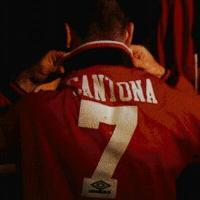
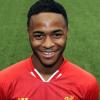
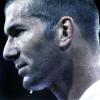


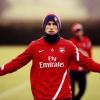
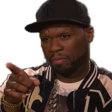
Recommended Posts
Truss them tears aint even from laughter
Link to comment
Share on other sites
Wavant
!!!
Link to comment
Share on other sites
Posted